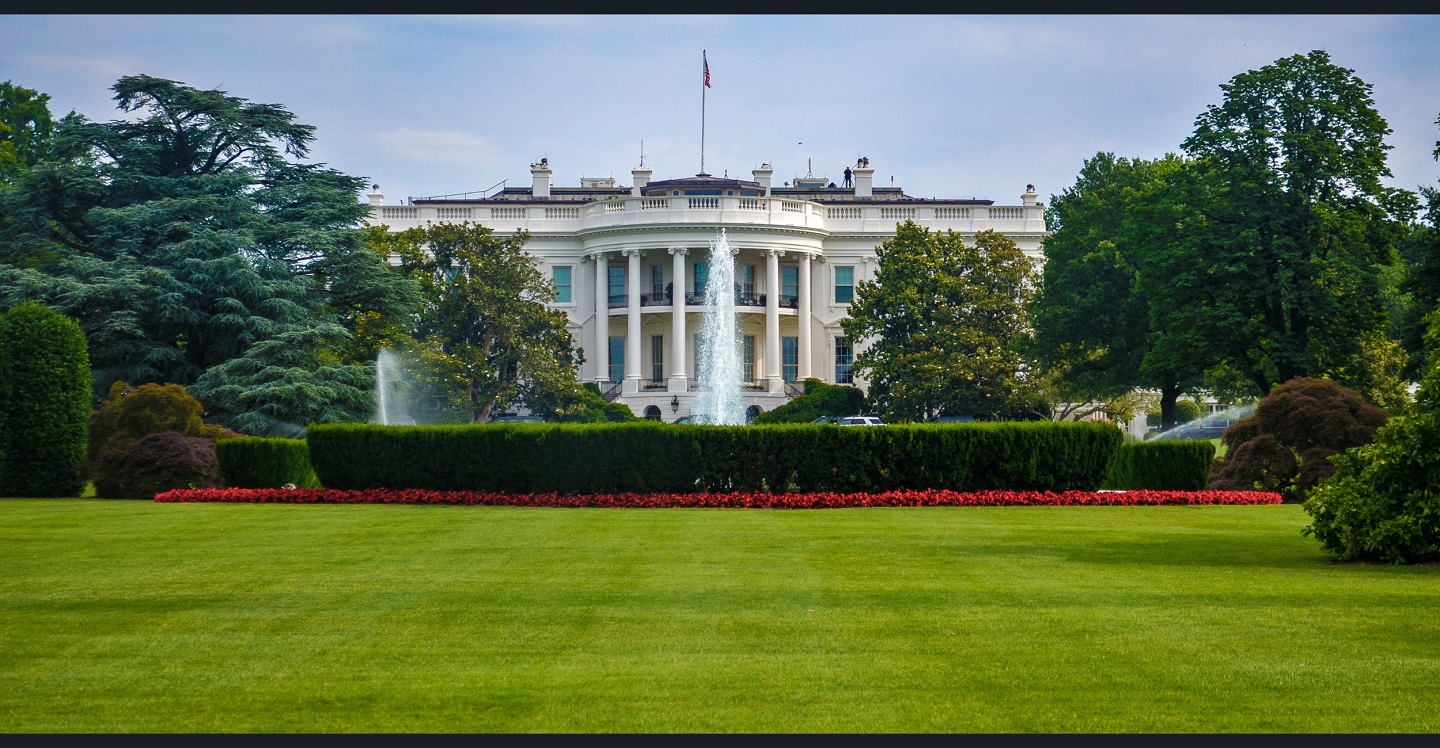
Mandated by public law, the National Security Strategy (NSS) is the report that the President of the United States sends to Congress to communicate the administration’s strategy and vision regarding national security. It is to be submitted to Congress in a classified format no later than 150 days after the date on which a new President takes office. But Congress isn’t the only audience of the NSS as there is typically an unclassified summary that communicates the administration’s intent to the military, the citizenry, and friends and foes alike. Editor-in-Chief Jacqueline Whitt is in the virtual studio with podcast editor Ron Granieri to discuss the Interim NSS that the Biden administration released on 3 Mar 2021. Ron and Jacqueline take a look at what’s different in this document and perhaps more importantly what is similar to previous administration’s NSS reports.
The other thing that is very noticeable to me or was noticeable when I read it is the explicit calling out of diplomacy as the option of first resort.
Podcast: Download

Jacqueline E. Whitt is an Associate Professor of Strategy at the U.S. Army War College and the Editor-in-Chief of WAR ROOM. Ron Granieri is an Associate Professor of History at the U.S. Army War College and the Editor of A BETTER PEACE. The views expressed in this presentation are those of the speakers and do not necessarily reflect those of the U.S. Army War College, U.S. Army, or Department of Defense.
Photo Description: The White House as seen from the President’s Park
Photo Credit: Photographer Unknown Courtesy of the White House





Might we consider the differences between the Trump and Biden national security strategies from the following perspective:
Grand Strategy No. 1 — before and after Trump — to wit: a grand strategy that takes as its basis the assertion that market-democracy is the only legitimate and valid state model, and, thus, the state model that all other states should try to emulate.
Explanation: At the end of the Cold War, the U.S./the West sought to “capitalize on and consolidate gains” — and to “achieve a better peace” — this, by advancing market-democracy more throughout the world. A first step in this endeavor appears to be the “Charter of Paris for a New Europe” — a document which might be considered as “the peace treaty,” or “the surrender document,” that was signed by the Soviets back then. This document, as shown below, seems to state that, henceforth:
a. The only legitimate (and thus the only “legal?”) form of government would be a democratic government. That:
b. The only legitimate (and thus the only “legal?”) values would be U.S./Western values. And that:
c. The only legitimate (and thus the only “legal?”) form of an economy would be a capitalist/market economy.
In this regard consider, respectively, these three excerpts from the “Charter of Paris for a New Europe” — signed by the Soviets in November 1990:
“We undertake to build, consolidate and strengthen democracy as the only system of government of our nations.” (See Page 3.)
“Human rights and fundamental freedoms are the birthright of all human beings, are inalienable and are guaranteed by law. Their protection and promotion is the first responsibility of government. Respect for them is an essential safeguard against an overmighty State. Their observance and full exercise are the foundation of freedom, justice and peace.” (Also see Page 3.)
“Freedom and political pluralism are necessary elements in our common objective of developing market economies towards sustainable economic growth, prosperity, social justice, expanding employment and efficient use of economic resources.” (See Page 4.)
Grand Strategy No. 2. — as per Trump — to wit: a grand strategy that (a) effectively declares, as false, the idea that market-democracy is the only legitimate state model and, thereby (b) effectively discards/throws away the “legitimacy” claims — and the “better peace” gains — achieved by the U.S./the West after 40-plus years of sacrifice during the Cold War.
Explanation: With the election of President Trump in 2016, a grand strategy emerged which emphasized “sovereignty” and, thus, the legitimacy of political, economic, social and value diversity and equality of all state and societal organization. In this regard consider, respectively, the following excerpts — first from the Trump 2017 NSS — and, thereafter, from the Trump address to the UN General Assembly in 2017:
“We are also realistic and understand that the American way of life cannot be imposed upon others, nor is it the inevitable culmination of progress.” (See Page 4 of the Trump NSS — midway down the second column.)
“We do not expect diverse countries to share the same cultures, traditions, or even systems of government. But we do expect all nations to uphold these two core sovereign duties: to respect the interests of their own people and the rights of every other sovereign nation. This is the beautiful vision of this institution, and this is foundation for cooperation and success.” (See about the 15th paragraph of the White House transcript of the Trump 2017 speech to the United Nations General Assembly.)
“Strong, sovereign nations let diverse countries with different values, different cultures, and different dreams not just coexist, but work side by side on the basis of mutual respect.” (See about the 16th paragraph of the White House transcript of the Trump 2017 speech to the United Nations General Assembly.)
Bottom Line Thought — Based on the Above:
Given that, with the Trump Grand Strategy above, the market-democracy model was declared to be significantly unimportant — and indeed only one of an infinite number of other equally legitimate models — then, (a) from that such perspective, one could easily (b) see how an argument could be made that there was no need to preserve — much less shore up — our image here at home. (And, thus, this should have warned us of the things that were to come, for example, the events of Jan 6, 2021?)
With the Before and After Trump Grand Strategy above, however, how we behave — and how we improve here at home — this is might be considered as 9/10s of the “legitimacy,” etc., game?
Now, after Trump, we have China and Russia literally calling us out, with Iran demanding things again – just like before and after Trump’s administration.
Your premises and conclusions are sadly lacking.